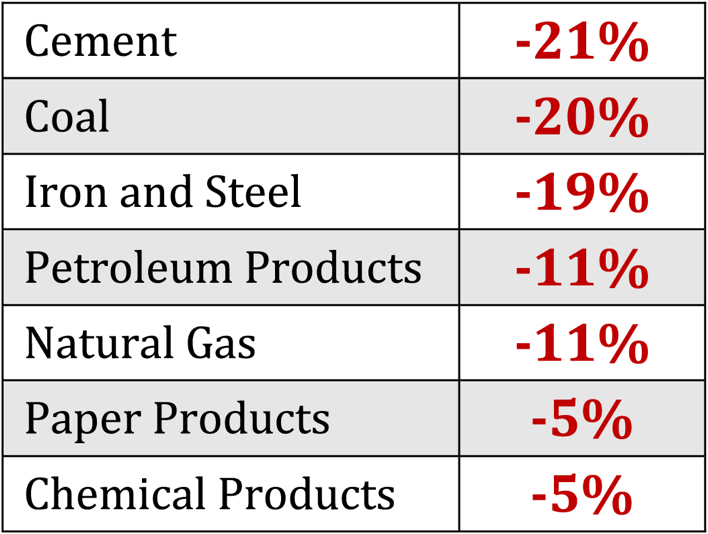Press Releases
Dr. Bucshon’s Statement on Paris Agreement
Washington, DC,
June 1, 2017
Congressman Larry Bucshon, M.D. released the following statement applauding President Donald Trump’s decision to pull the United States out of the Paris climate agreement.
Dr. Bucshon’s Statement on Paris AgreementCongressman Larry Bucshon, M.D. released the following statement applauding President Donald Trump’s decision to pull the United States out of the Paris climate agreement: “While we can all agree that we should continually work to minimize our impact on the environment through innovation and technology, this flawed deal is unfair to American workers and puts our country at an economic disadvantage to the benefit of countries like China, Iran, and India. Estimates show the agreement could cost 6.5 million American jobs and devastate areas like Southern Indiana where families rely on the coal industry. Not to mention, we were committed to this agreement – what should be considered a treaty – unilaterally by President Obama, without the advice and consent of the Senate,” said Bucshon. “The American people should decide the direction of our domestic energy policy, not foreign nations. I’m happy the President took a strong stand today to ensure they do.” Bucshon was an original cosponsor of a resolution expressing the sense of Congress that the United States should withdraw from the Paris Agreement after it was adopted in December 2015. BACKGROUND (courtesy Senate Republican Policy Committee): A Decision on Paris
The Paris climate agreement was a vital part of President Obama’s attempts to build his legacy. The Trump administration is expected to decide the deal’s fate before the president attends the G-7 summit on May 26.
DISPARITY AMONG COUNTRIES The United States pledged to reduce greenhouse gas emissions by 20 percent between 2015 and 2025. Meanwhile, Russia is allowed to increase its emissions up to 50 percent – and China refused to set any emissions limit at all until 2030. After the agreement was signed, many nations indicated that they would only take action if they got a significant amount of foreign aid. Developing nations have requested at least $5.4 trillion in assistance. India requested $2.5 trillion, and South Africa asked for $909 billion. Iran made its commitments contingent on the removal of all sanctions and receiving $840 billion. President Obama transferred $1 billion from the State Department to the United Nations to implement the Paris agreement. THE SENATE NEVER APPROVED THE AGREEMENT President Obama knew that Congress would never approve such a flawed deal, so he refused to seek the Senate’s advice and consent. Instead, he labeled it an “executive agreement” and unilaterally pledged U.S. support. President Obama’s actions violated U.S. policy set during the Clinton administration requiring Senate approval for any international effort to set “targets and timetables” for emissions reductions. POTENTIAL IMPACT ON AMERICAN JOBS Many of America’s global competitors are unaffected by the Paris agreement, while the United States will incur significant implementation costs. President Obama pledged to cut annual greenhouse gas emissions by about 1.1 billion tons from 2015 to 2025. That’s on top of the more than 820 million tons the U.S. has already cut from annual emissions over the last decade. According to a March 2017 study by NERA Economic Consulting, the Paris agreement will cost America $3 trillion and eliminate 6.5 million jobs by 2040. Every sector of the economy will be affected, especially the U.S. industrial base. Decline in U.S. Industrial Output Due to Paris Agreement in 2025
INCREASING U.S. OBLIGATIONS The United States’ obligations under the Paris agreement increase over time. Under the agreement, the U.S. is required to update its emission-reduction targets every five years. The plain language of the agreement states that we can only pledge to do more – not less – as time goes on. IMPACT ON THE ENVIRONMENT Despite the high costs, the agreement does not solve the environmental challenges it was meant to address. China is the world’s largest producer of greenhouse gases. While U.S. emissions decline, those from developing nations like India continue to rise. That’s one reason why researchers at MIT estimate that the agreement will have a negligible impact on the environment. More here: https://www.rpc.senate.gov/policy-papers/a-decision-on-paris.
|


